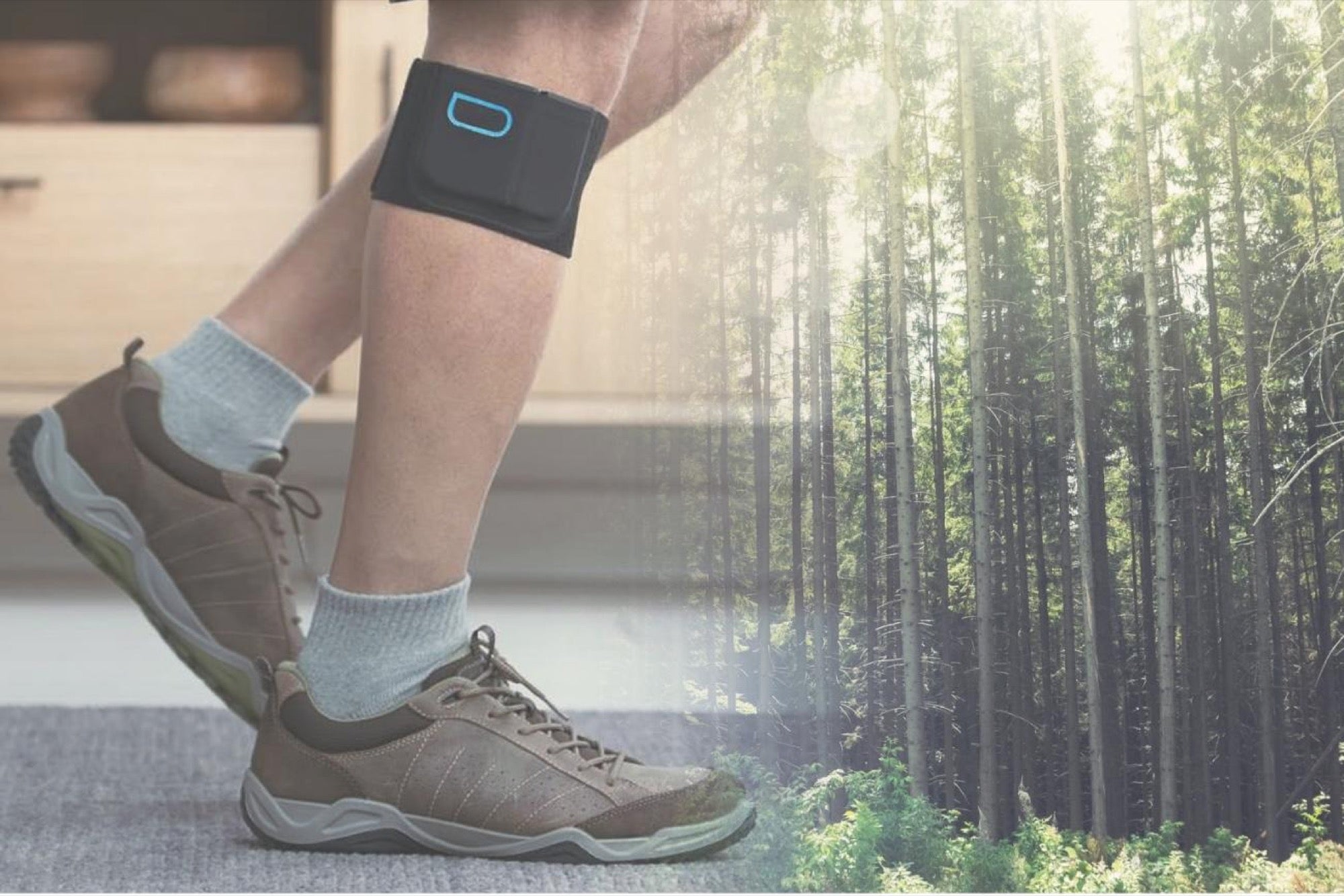5 New Gadgets That Aim to Have You Living Happier and Healthier These gadgets can track your heart, monitor your skin health and even test your urine from the comfort of your home.
By Emily Price
Opinions expressed by Entrepreneur contributors are their own.

Health equipment has long been characterized by bulky machines that require a trained professional to operate. That's all about to change. At the International Consumer Electronics Show in Las Vegas earlier this month, several companies came to show off their latest developments in the health space that turn that stereotype on its end.
Now you can track everything from your heart to your skin health all from the comfort of your home, and without a medical degree. Soon you'll even be able to perform urine tests in your home and diagnose something like a kidney infection without ever visiting the doctor's office.
Here are a few of our favorite health-tech items from the CES show floor this year that are worth checking out.
HealthPatch MD
The Health Patch MD is a new patch that brings a bit of the hospital experience home with you. The device is about the size of a Band-Aid and tracks your heart rate, heart rate variability, respiratory rate, ECG and skin temperature constantly, with zero effort from you.
The device can be worn constantly for three days before it needs to be replaced. The stats it collects can be sent to your doctor so he or she can keep track of your vitals while you're home recouping. The Health Patch MD also has a built-in accelerometer, so it can tell if you've suddenly fallen and potentially get you help faster.
Related: 9 New Fitness Gadgets to Help You Get Into Shape This Year
Scanaflo
Scanadu, the company behind the Scanadu Scout, is expanding its portfolio of products to include a new urine test kit. Still in production, the kit allows you to test your urine for protein glucose, leukocytes, microalbumin, blood and more all from your bathroom at home.
The tests are ones that are typically done in a doctor's office or hospital. With Scanaflo, they can happen right at home. The idea being, much like the Scout, that you'll be able to detect health problems long before their symptoms fully manifest and cause serious problems.
Related: This New Tool Basically Makes Star Trek Technology a Reality
Oku Personal Skin Coach
You've heard of digital fitness coaches, but what about a skin coach? Oku scans your skin and analyzes features like texture, oiliness, moisture, and wrinkles. When connected to your iPhone, it shows you where problem areas are on your skin and then makes suggestions how you can improve them through diet and skin care products.
Each day you'll also receive a "Skinscore" for the current healthiness of your skin, a number you can work to gradually raise over time through changes in your routine.
Related: Your Baby is Going High-Tech in 2015
Quell
NeuroMetrix Inc.'s Quell is a wearable designed to help make your pain go away. The leg band attaches to your upper calf and stimulates your nerves using electric impulses through the band. The result is drug-free relief from things like back or nerve pain.
The device is designed to be worn all day and night and can deliver impulses every other hour (on an hour, off an hour) to keep you pain-free all day. At night, impulses are slightly lighter so they don't wake you up.
Related: Feeling Frazzled? This Wearable Gadget Can Help Keep Your Stress in Check.
Aprira Science iGrow
It may look like a crazy pair of headphones, but Aprira Science's new iGrow device is actually designed to help you grow more hair. The laser therapy device was approved for use by the FDA late last year for both men and women and uses low-light therapy to help stimulate hair growth.
As anyone who has ever bought hair-growth products knows, new locks don't come cheap. The device is priced at a hefty $695. For the best results, you're also expected to strap in for 25 minutes a day, four days a week. After four months, a recent study proved the device can help men increase hair growth 35 percent, and women by 37 percent.
Related: This Simple Bracelet Can Turn Your Arm Into an Interactive Smartphone Display
 Image courtesy of Health Patch MD
Image courtesy of Health Patch MD Image courtesy of Scanadu
Image courtesy of Scanadu Image courtesy of Oku
Image courtesy of Oku Image courtesy of Quell
Image courtesy of Quell Image courtesy of Aprira Science
Image courtesy of Aprira Science











